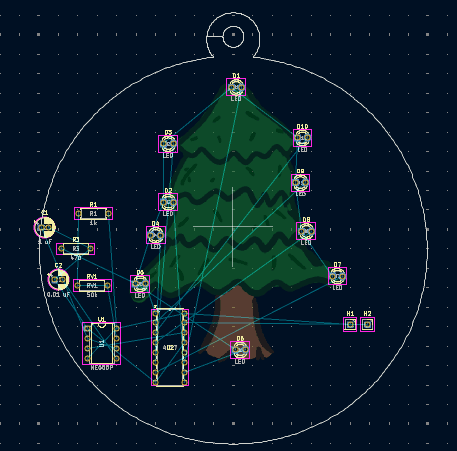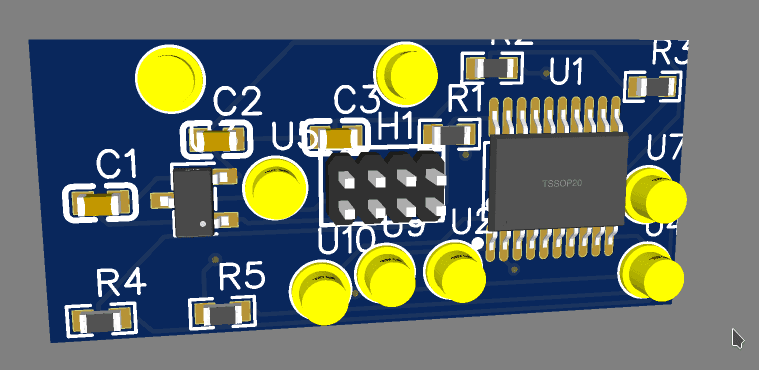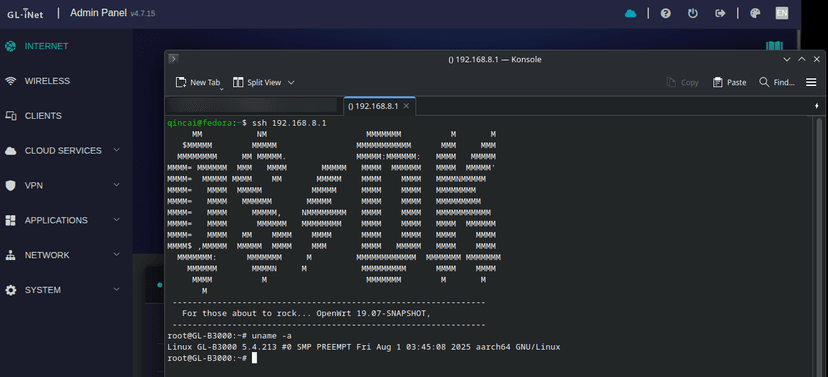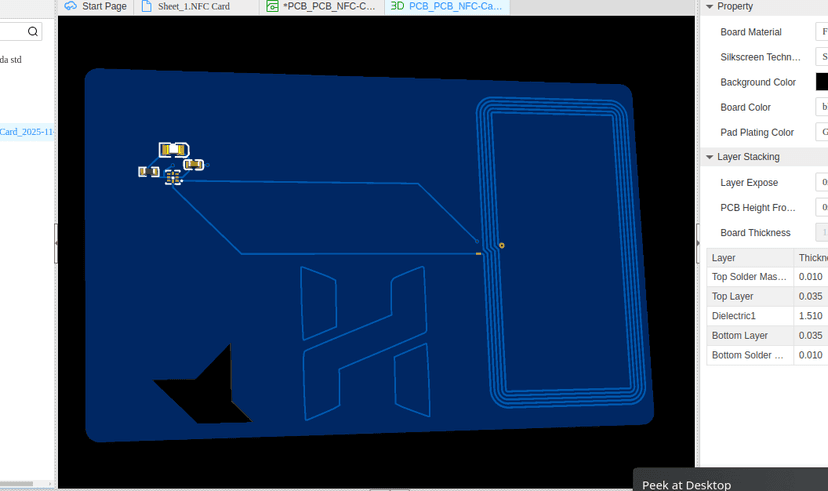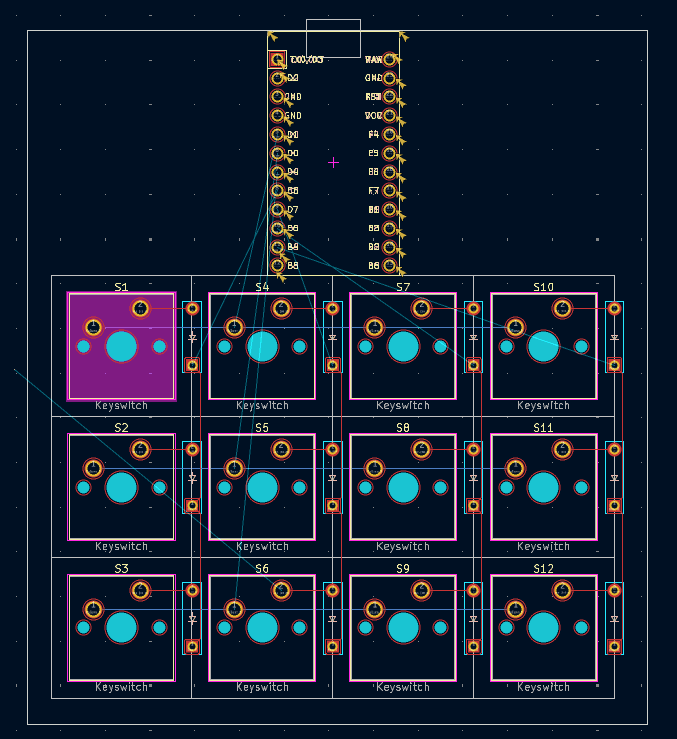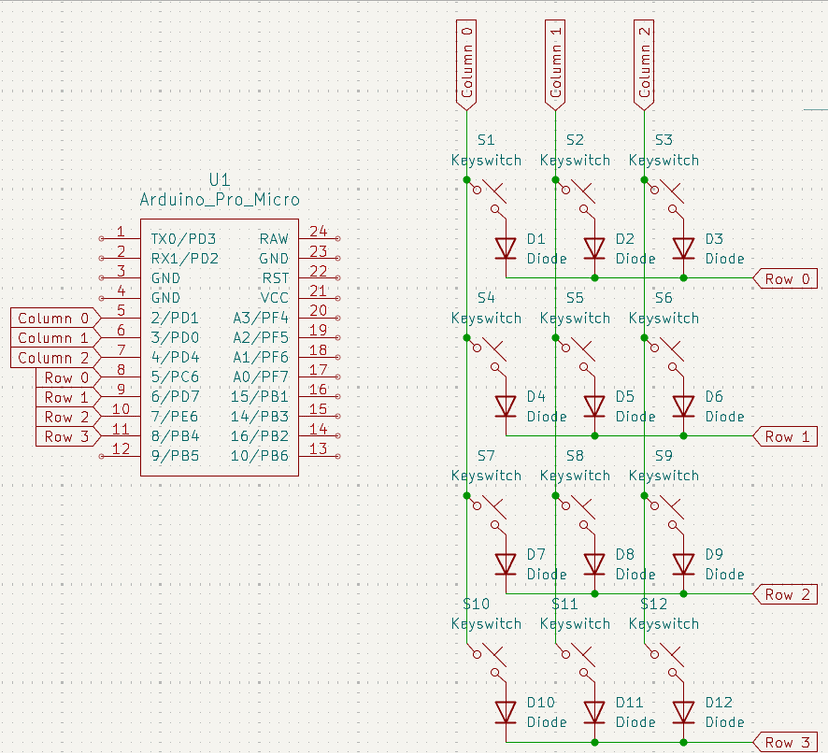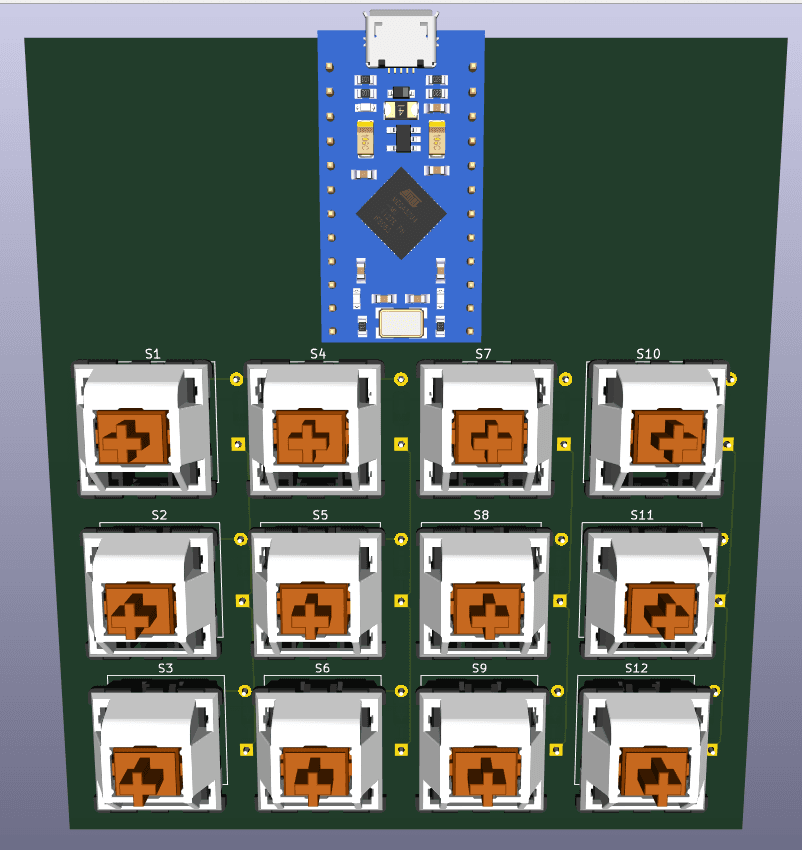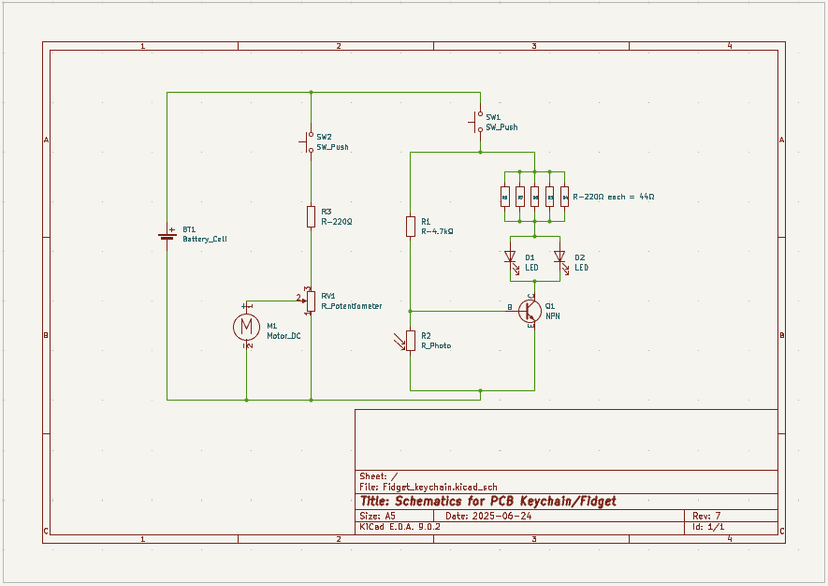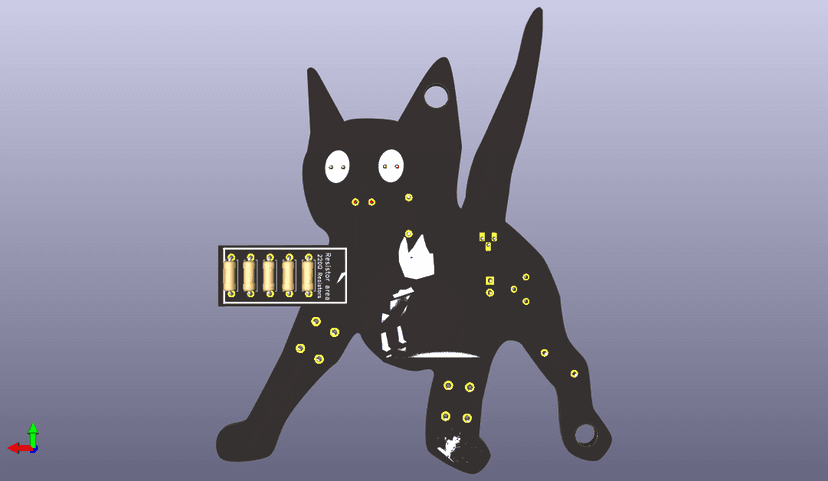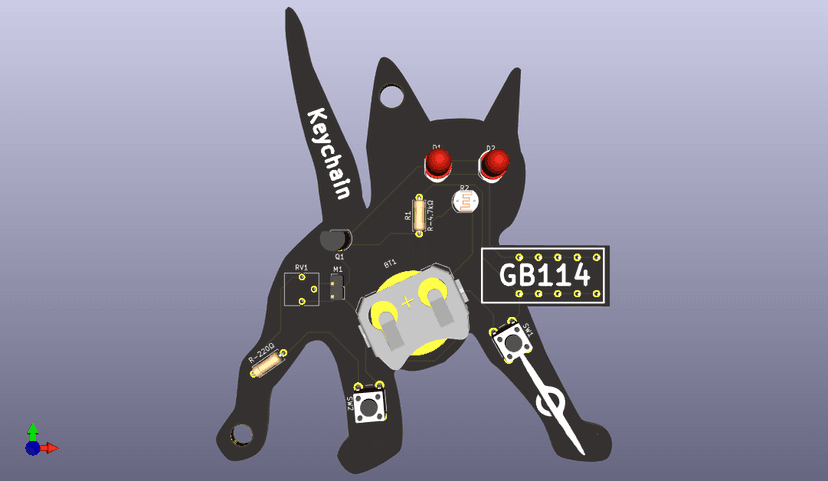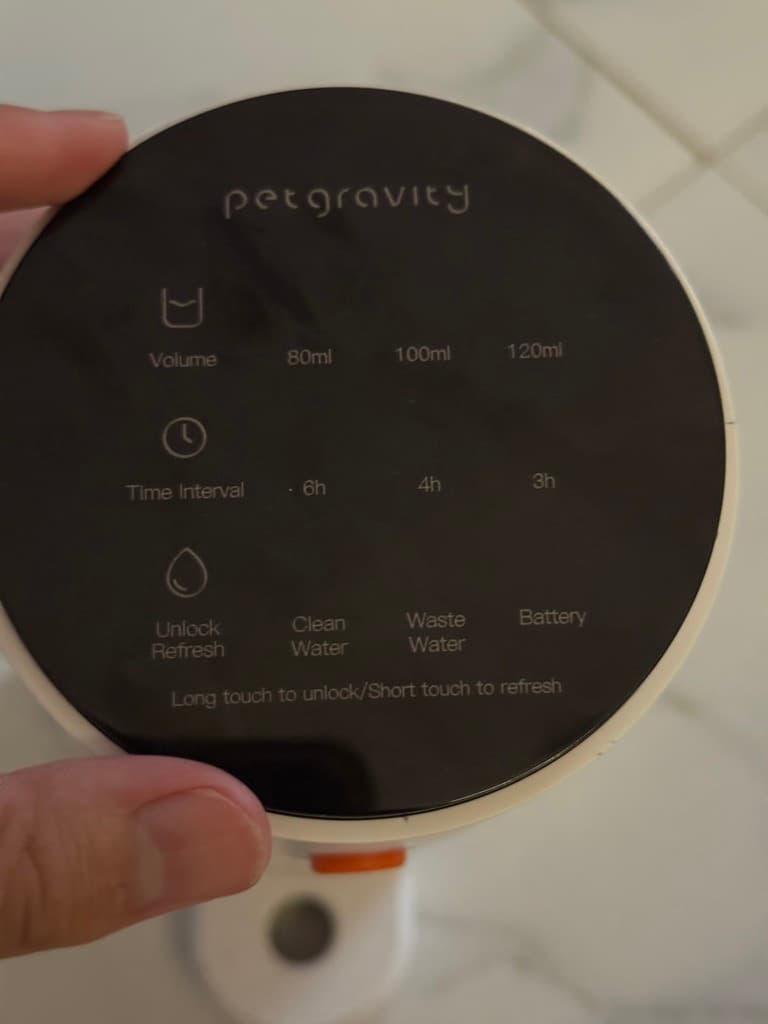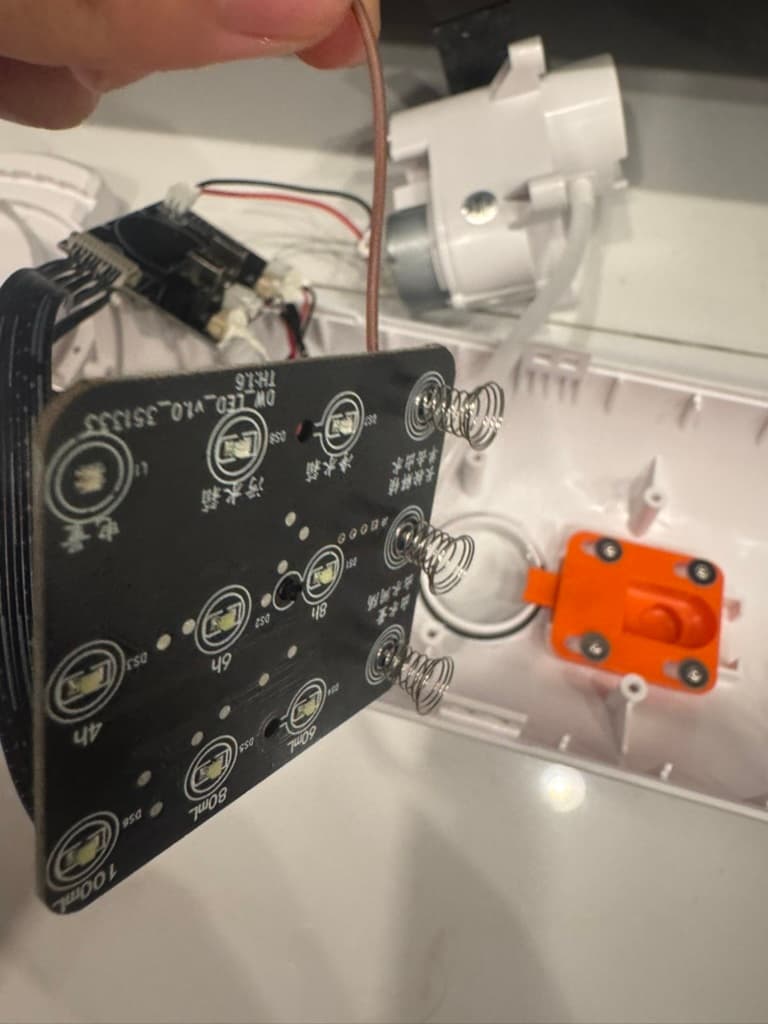Hey everyone! Something really cool happened yesterday! Want to hear about it? I hope so, because I'm going to say it either way!
I went to a local hackathon called Island Hacks which is hosted every year. I went to this same hackathon in September 2024, and had such a good time I looked for more hackathons, which eventually led me to discover Hack Club! It was basically the point when I stopped doing beginner courses and really started to code regularly and actually make projects. I've grown so much since then, from growing my html and (basically nonexistent) css and js skills to coding 100 hours on one project for #Juice, and designing PCBs in KiCad to running my own club with @Slloom , and so much more. I can't say I owe it all to Island Hacks - more organizations and people have been part of my journey than I can count - but it was definitely part of the start of it all. Anyway, I can tell more of my story later. Right now, I want to talk about yesterday's Island Hacks.
It started at 9am with breakfast and a three-to-a-team puzzle/riddle thing through google form. I joined up with two girls named Amelia and Aria who were sitting at my table. After the first team completed it, they announced the theme: Make something that solves a problem of someone in your life. Both Amelia and Aria had never really coded before, so we stayed for the beginner's workshop that immediately followed. By the time it finished, we had a solid idea of what our project would be: A website that generates icebreaker questions to help you get to know someone.
At the end of the day, we presented our website, and waited while the judges deliberated. And then something entirely unexpected happened. We won the Judges Choice Award!!!
I never would have expected us to win. The project was certainly much better than the project my team had made last year, but there were a ton of cool projects this year - which I suppose makes the win even sweeter :)
With that, let me just say a huge thank you to the Island Hacks team. They worked so hard to put this on, and I would highly recommend attending next year if you live in the bay area (find them at island-hacks.org).
And of course, a shoutout to my amazing team. Our project would have not been possible without them: Aria did all the art, Amelia helped with function design and created the questions (60+ of them!), and I did most of the programming. They were both so much fun to work with!
See the demo here: kerhylonkava.github.io/IcebergQuestions
And the repo here: github.com/KerhylonKava/IcebergQuestions
You can read the pitch Amelia wrote for it below if you want to :)
Have you ever struggled to really connect with someone?
In my family, we often have the problem of not knowing what kinds of questions to ask each other. We want to actually learn more about one another, but are too often faced with distraction or a lack of ideas. We want something that will be fun and actually tell us more.
That's why we created our website, Break the Ice.
The purpose of this website is to provide a fun and engaging way to get to know other people, through asking the right questions.
Our website generates questions in three levels. Basic questions, which help you learn about what's on the surface of a person, Mid-level questions, which offer ways to dive deeper and begin to understand them, and Deep questions, which provide thought provoking prompts to help grasp their core beliefs and identity.
Anyone can search up a list of "Get to know you questions" but wouldn't you rather have a website dedicated to their curation, with a fun command-on-click user experience? I sure would. We hope this website inspires more connection between people, without the barrier of brain fog.
If you take one thing away from this, go to a hackathon! They can be so much fun and they allow you to connect with people with similar interests who you might not otherwise meet. Anyway, thanks for reading! There was also a speaker panel, so I might post the advice I learned from that. Keep an eye out!








